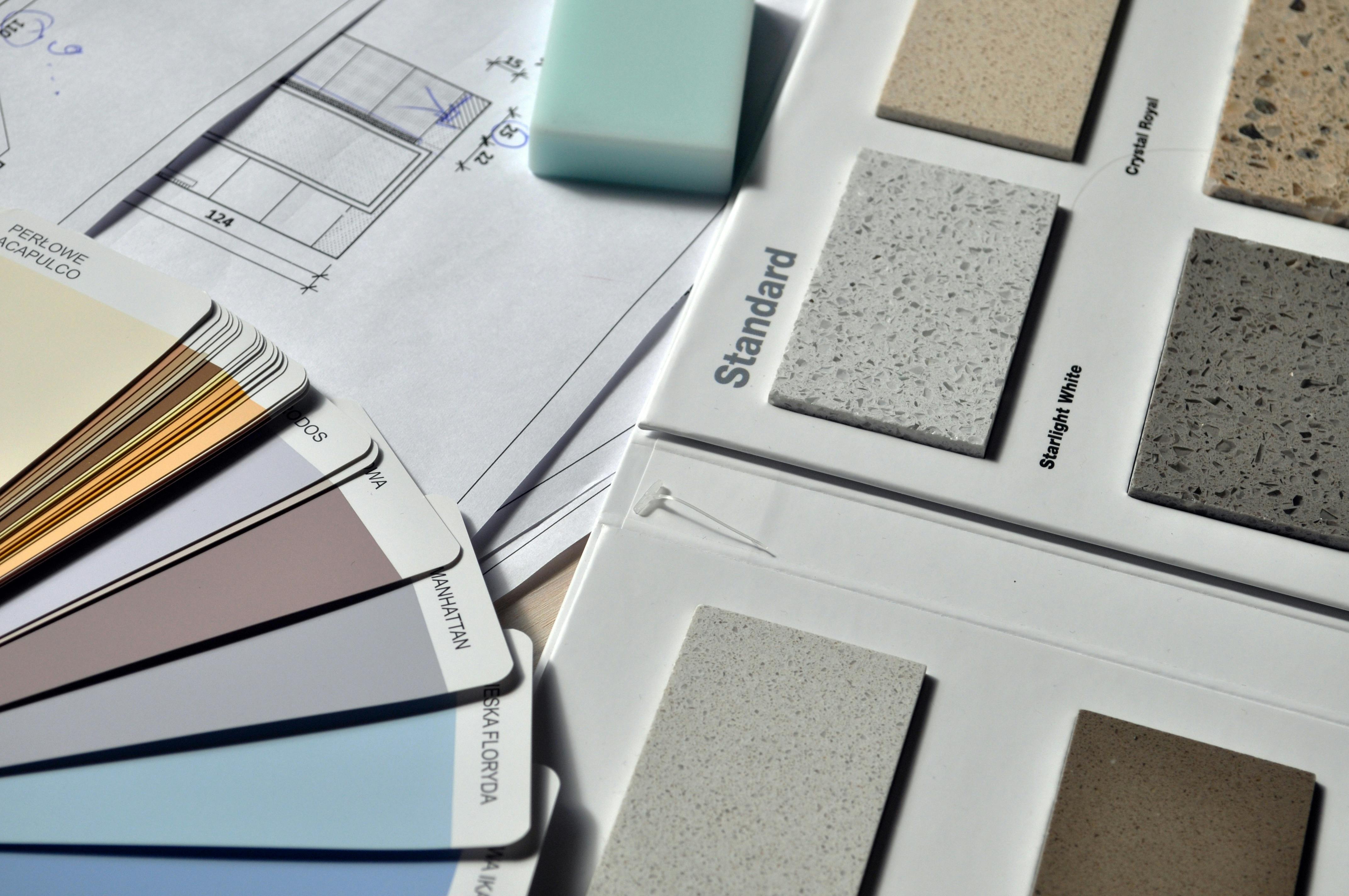Quartz Countertops: A Comprehensive Guide to Elegance and Durability
Quartz countertops have become increasingly popular in modern kitchens and bathrooms, offering a perfect blend of beauty and functionality. These engineered stone surfaces are crafted from natural quartz crystals combined with resins and pigments, resulting in a durable and low-maintenance option for homeowners. Whether you're renovating your kitchen or designing a new bathroom, understanding the benefits and characteristics of quartz countertops can help you make an informed decision for your home.

How do quartz countertops compare to natural stone?
When compared to natural stone options like granite or marble, quartz countertops offer several advantages. Unlike natural stone, quartz is non-porous, which means it doesn’t require sealing and is highly resistant to stains and bacterial growth. Quartz is also more consistent in color and pattern, making it easier to match slabs for large installations. While natural stone has its unique charm, quartz provides a more uniform appearance and requires less maintenance over time.
What are the benefits of choosing quartz countertops?
Quartz countertops offer numerous benefits that make them an attractive option for many homeowners. Firstly, they are extremely durable and resistant to scratches, chips, and cracks. This makes them ideal for high-traffic areas like kitchens. Secondly, their non-porous nature means they are highly resistant to stains from wine, coffee, or other liquids. Quartz countertops are also easy to clean, requiring only soap and water for daily maintenance. Additionally, they come in a wide range of colors and patterns, allowing for greater design flexibility in your space.
Are there any drawbacks to quartz countertops?
While quartz countertops have many advantages, there are a few considerations to keep in mind. One potential drawback is that quartz is not as heat-resistant as some natural stones. Placing hot pots or pans directly on the surface can cause discoloration or damage, so using trivets or hot pads is recommended. Additionally, while quartz is UV-resistant, prolonged exposure to direct sunlight may cause some fading over time, particularly in darker colors. Lastly, the edges of quartz countertops can be more prone to chipping than some natural stones, though this can be mitigated by choosing rounded or beveled edges.
How much do quartz countertops cost?
The cost of quartz countertops can vary significantly depending on factors such as the brand, color, pattern, and complexity of installation. On average, homeowners can expect to pay between $50 to $200 per square foot for quartz countertops, including installation. Lower-end options typically range from $50 to $75 per square foot, mid-range choices fall between $75 to $125 per square foot, and premium quartz countertops can cost $125 to $200 or more per square foot.
| Brand | Price Range (per sq ft) | Notable Features |
|---|---|---|
| Silestone | $55 - $155 | Wide color range, antimicrobial protection |
| Caesarstone | $60 - $180 | Diverse designs, scratch-resistant |
| Cambria | $70 - $200 | American-made, lifetime warranty |
| Viatera | $50 - $120 | Good value, eco-friendly options |
| Hanstone | $55 - $140 | Stain-resistant, wide color palette |
Prices, rates, or cost estimates mentioned in this article are based on the latest available information but may change over time. Independent research is advised before making financial decisions.
How do I maintain quartz countertops?
Maintaining quartz countertops is relatively simple, which adds to their appeal. For daily cleaning, warm water and mild soap are usually sufficient to keep the surface clean and hygienic. Avoid using abrasive cleaners or scrubbers, as these can dull the surface over time. For tougher stains, a non-abrasive cleaner specifically designed for quartz can be used. It’s important to wipe up spills promptly, especially acidic substances like wine or lemon juice, to prevent potential etching. While quartz is highly resistant to stains and bacteria, it’s still a good practice to use cutting boards and trivets to protect the surface from scratches and heat damage.
In conclusion, quartz countertops offer a compelling combination of durability, low maintenance, and aesthetic appeal. Their resistance to stains, scratches, and bacteria makes them an excellent choice for both kitchens and bathrooms. While they may come with a higher initial cost compared to some alternatives, their longevity and ease of maintenance can make them a cost-effective option in the long run. By understanding the characteristics, benefits, and care requirements of quartz countertops, you can make an informed decision about whether they are the right choice for your home improvement project.






